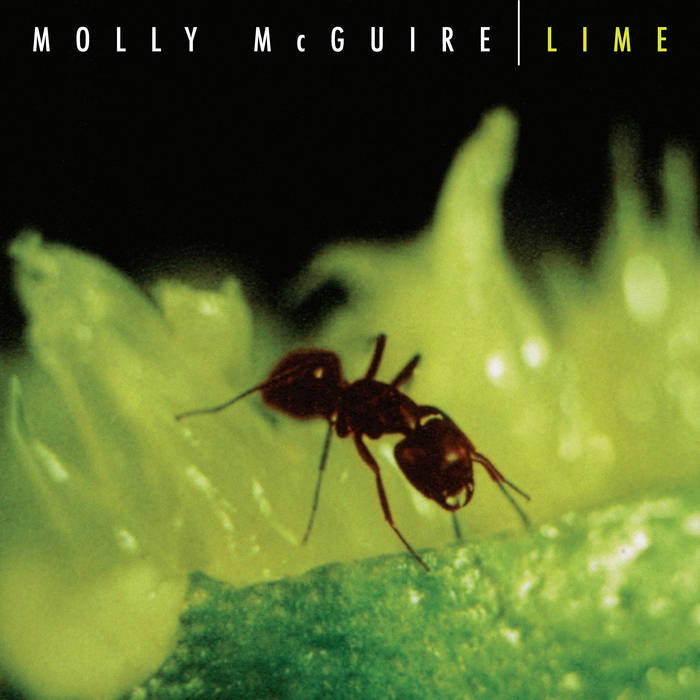The Weak Days – Fabric of Our Lives | EP Review
/How do relationships begin? When do they fall apart? Are we able to see that decay in real-time as it’s happening? Is it inevitable, or can we alter the course of changing love? These are the questions that The Weak Days are posing on their new EP, The Fabric Of Our Lives.
Filtered through a low-fantasy lens, the band’s EP tells the story of a bard and a botanist whose marriage is failing. A far cry from the emo tales and inspirational affirmations of 2017’s Tight, the band’s new EP is a finely-crafted pivot that retains their razor-sharp writing and skilled instrumentation.
The EP opens with “No One Can Live Forever,” a remorseful duet carried by a catchy singalong “oooh weee ooo ooo oooooo” chorus. As we listen on in this conversation between the two disembodied voices, it’s here where the album's concept reveals itself. Over the course of an impassioned back and forth, one character compares the relationship to wilting flowers while the other explains they’re just “out of tune” with each other. The concept becomes undeniable as an instrumental drop out halfway through the track paves the way for both characters to shout “I want a divorce” at the exact same time. It’s gorgeous, heartbreaking, and unlike anything the band has ever made before.
“Your Shoulder” is a more hopeful song that still contains elements of falling apart and being a broken human at your core. The song captures that sense of dread and regret that fills you the morning after an awful fight. It captures the shame and sorrow you feel while still circling back to this sense of optimism that things can still work out. From there, “The Seams,” “Intermissing,” and “Til Then” elevate the EP into high-fantasy territory with immortal beings, eternal tasks, and a poetic resolution worthy of a children’s storybook. These songs deploy mellow acoustic guitar, disorienting electronic passages, and gorgeous mallet percussion, all while continuing the beautiful back-and-forth vocal duties of drummer Dustin Reinink and bassist RB Roe. This is all wrapped in gorgeous and airy production courtesy of Chris Teti of The World Is a Beautiful Place & I Am No Longer Afraid to Die.
This all amounts to a gorgeous, complex, and detailed 20 minutes of music that sits somewhere between emo, pop, and indie rock, all of which is filtered through a hyper-creative fantasy D&D-like lens. The Fabric Of Our Lives is an EP that feels like an album based solely on the amount of creativity, writing, and care that’s on display. It’s like an episode of Adventure Time brought to life, smelted, and poured out into a swirling world of ambrosial auditory wonder.
It’s one thing to write about your own life, but it’s another to craft a story that feels just as lived-in and fleshed-out. Just look at what Dan Campbell has achieved with Aaron West and the Roaring Twenties; he’s written a character that’s as relatable, autonomous, and compelling as his main band which “only” takes inspiration from the member’s lived experiences. The same thing is happening here; The Weak Days have shifted the focus away from their own lives and funneled that energy and creativity into this pair of fictional characters that are just as intricate in their own right.
Doing something like this requires not only imagination and writing prowess, but empathy and compassion as well. It reminds me of the concept of sonder, which is “the realization that each random passerby is living a life as vivid and complex as your own.” With this collection of six songs, The Weak Days have managed to create two separate entities that we not only identify with but come to care for over the course of the release’s 20 minutes. It serves as a reminder that we are all connected, that we should all care for each other, that we are all in this together, from your friends and family to the bards and botanists that exist in our shared imaginations.












